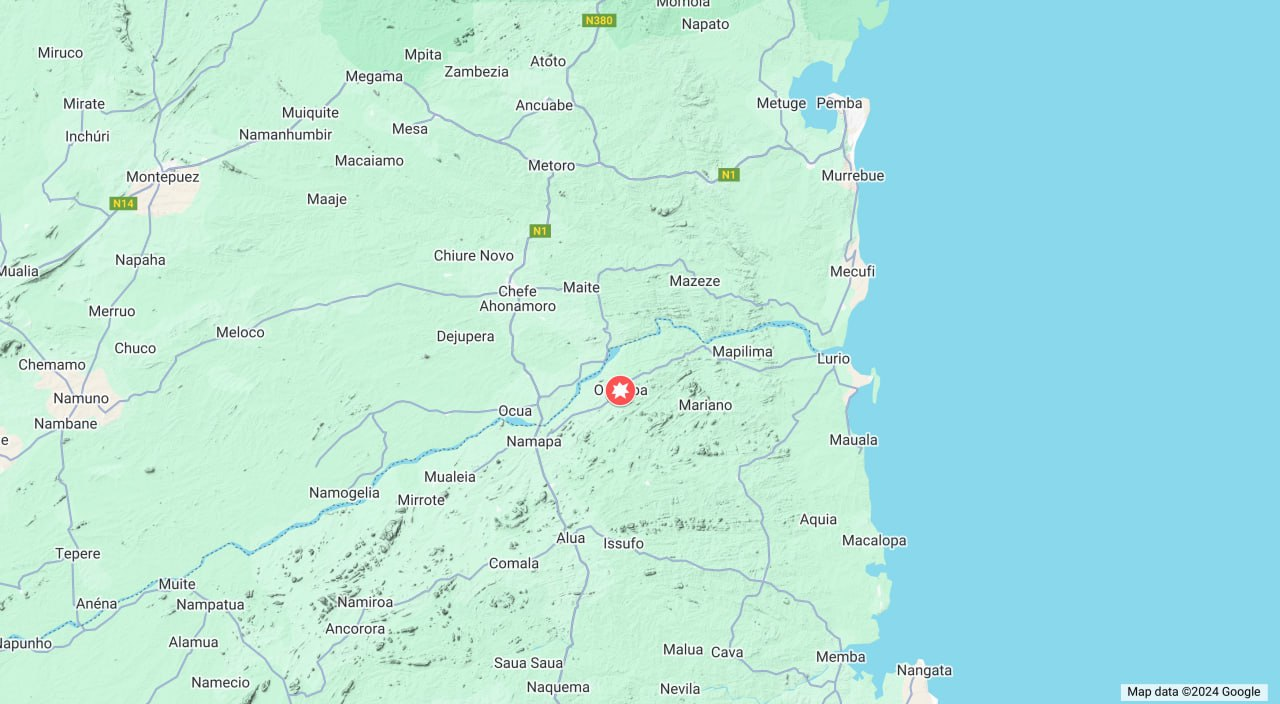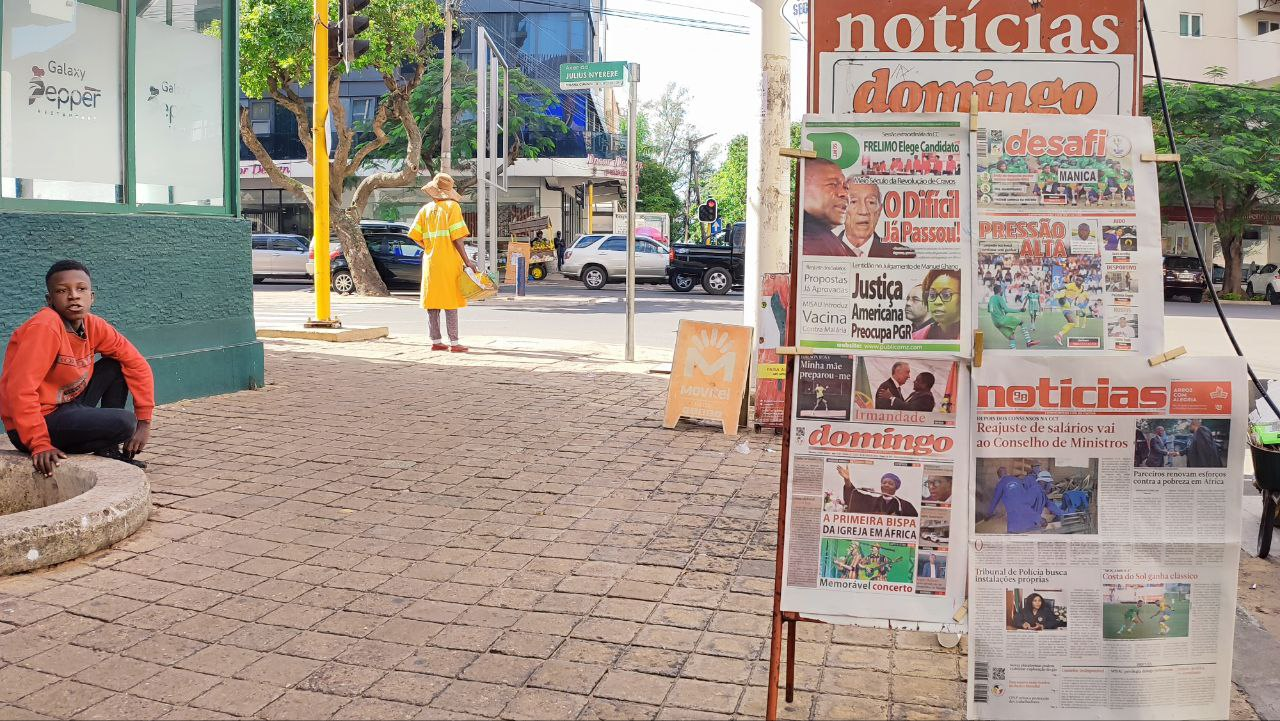This week has seen a further development in Mozambique’s pigeon pea drama. Last Friday, India appointed a new high commissioner to Mozambique. Zitamar News understands that this was partly influenced by the Indian government’s anger over problems in importing pigeon peas from Mozambique. You can read our full analysis on the ongoing issue here:
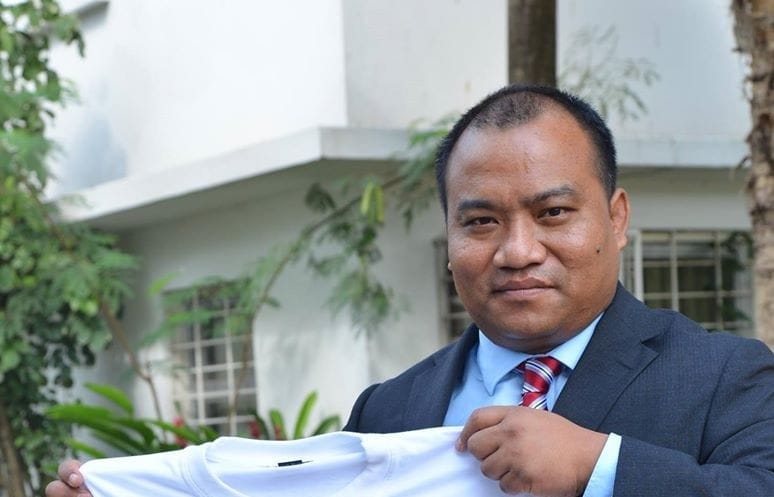
On Tuesday, we reported on an eco-friendly start-up in Nampula. Firewood and charcoal remain the primary domestic fuels, especially in rural areas, leading to extensive loss of forests. Burn, a company based in Kenya, produces a fuel-efficient charcoal-saving stove. It has partnered with Dutch development organisation SNV and the UK-funded Brilho programme to subsidise the sales price to 950 meticais per unit. You can find out more about the initiative here:
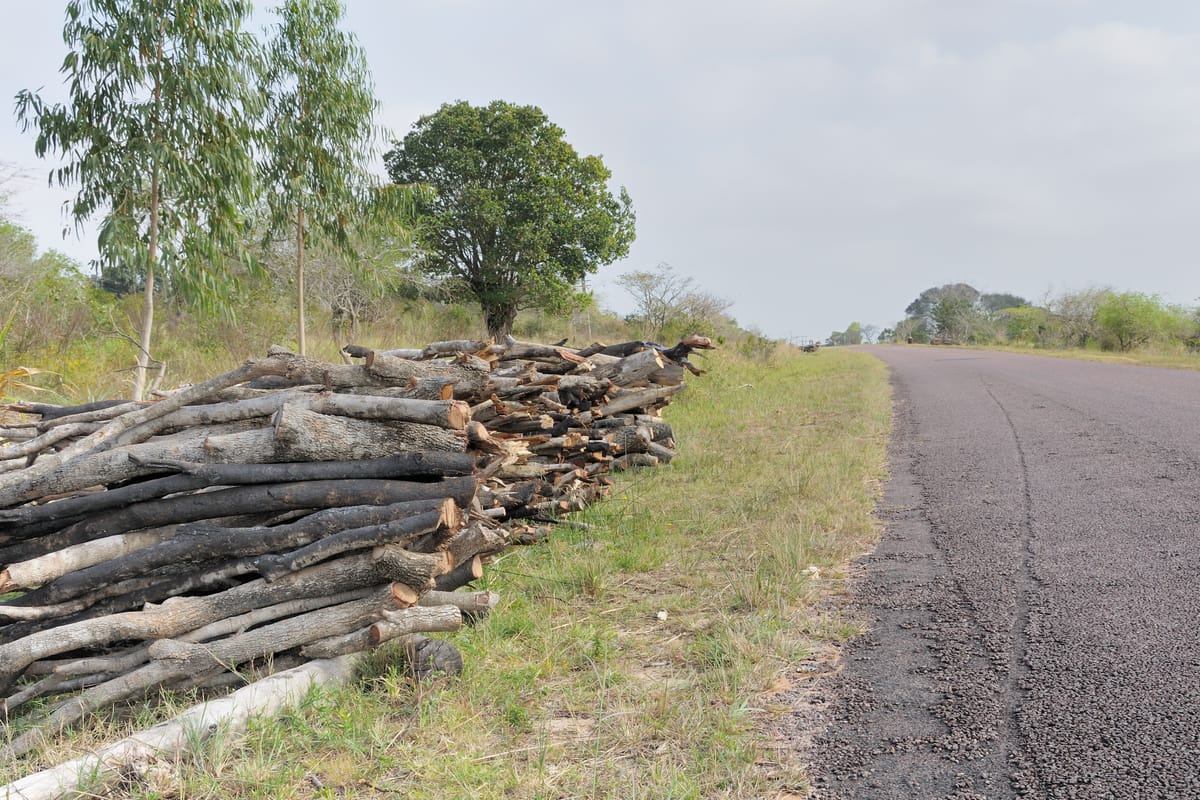
At the weekend, Mozambique is expected to unveil its energy transition strategy at the United Nations’ COP 28 climate change summit in Dubai, which you can read more about in our usual roundup of newsletter excerpts below. As well as climate announcements, the week ahead is set to be dominated by the build-up to the reruns of the local elections on 10 December, which will take place in four towns across the country. Follow our liveblog, here, to stay up to date.
Have a great weekend.
Week in Review
Monday

The Mozambican government has approved $80bn worth of commitments to decarbonise the country’s energy supply between now and 2050, website Bloomberg reports. The energy transition strategy approved by the Council of Ministers on 21 November includes adding 2,000MW of hydropower generation by 2050, upgrading electricity transmission infrastructure to take more renewable energy generation, more procurement of privately owned solar and wind projects, and “green industrial parks'' for minerals processing, as well as encouraging the use of cleaner fuels by people who burn charcoal and firewood for cooking. The full strategy is to be announced by President Filipe Nyusi at the United Nations’ COP 28 climate change summit in Dubai on 2 December. In September, Marcelina Mataveia, Mozambique’s national director of energy, said that the government had been holding talks on financing its energy switch with Belgium, Germany, the United Kingdom and the United Arab Emirates. An investment plan is to be announced at COP 28.
Of that 2,000MW, 1,500MW is to be generated by the proposed Mphanda Nkuwa dam, due to be commissioned by 2030. There are also proposals to add 1,250MW of additional generation to the existing Cahora Bassa hydropower plant. Plans to replace firewood and charcoal with cleaner cooking gas are hampered by the high cost of gas stoves, although another solution is being worked on.
Tuesday
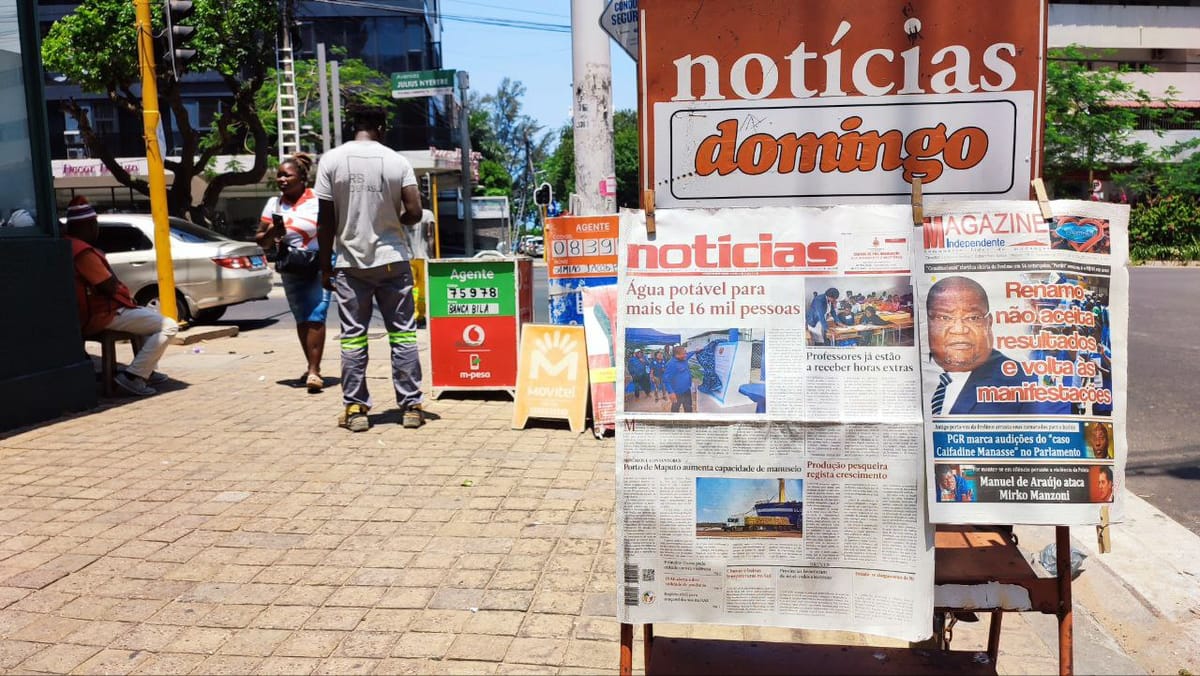
Renamo’s new vigour is due in part to the style of its younger generation of leaders, like Venâncio Mondlane, the party’s mayoral candidate for Maputo, who has to a large extent been the public face of Renamo’s response to the election results. Their approach differs from that of Renamo leader Ossufo Momade, who has taken a more moderate tone, and who, indeed, is thought to have presided over some form of compromise with Frelimo which involved giving up Maputo and Matola.
But the new generation cannot afford to get rid of Momade yet, even if he faces a leadership challenge as a result of his handling of the local elections. Momade appeals to the party’s rural supporters, especially in Nampula and Zambézia provinces, in a way that his younger lieutenants cannot for now. Besides, in the run-up to the October 2024 general election, Renamo needs to rebuild its traditional support base. It performed poorly in the local elections in central Mozambique, in most of the provinces of Sofala and Manica, despite its supporters there having been loyal to the party’s late former leader Afonso Dhlakama. This shows that the alienation caused when Dhlakama was replaced by Momade has not been fixed. Renamo politicians from the centre are not well represented in leading positions in the party.
Wednesday

On Sunday in two weeks’ time, Mozambicans in four towns — the whole of one town, Marromeu, and parts of three others — will have a chance to vote again in local elections. In theory, the new elections could lead to different results to last month, when ruling party Frelimo was declared the winner in all four towns. It would be comforting to imagine that these fresh elections will produce a fair and accurate result, but the fact is that the electoral fraud committed last time may well repeat itself.
When the votes are counted, it is probable that they will be counted and checked by the same officials who presided over the fraudulent elections last month. The chairs of polling places (presidentes de mesa) could well be the same, as with the officials at the district, provincial and national elections commissions, and of course, the police. It is unforgivable that, over a month after the election, nobody at any of these bodies has been prosecuted or disciplined over election fraud. In its announcement of the final official election results last week, the Constitutional Council noted in passing that there had been illegal activity, but completely failed to acknowledge the industrial scale of the fraud or where the blame lay.
Thursday
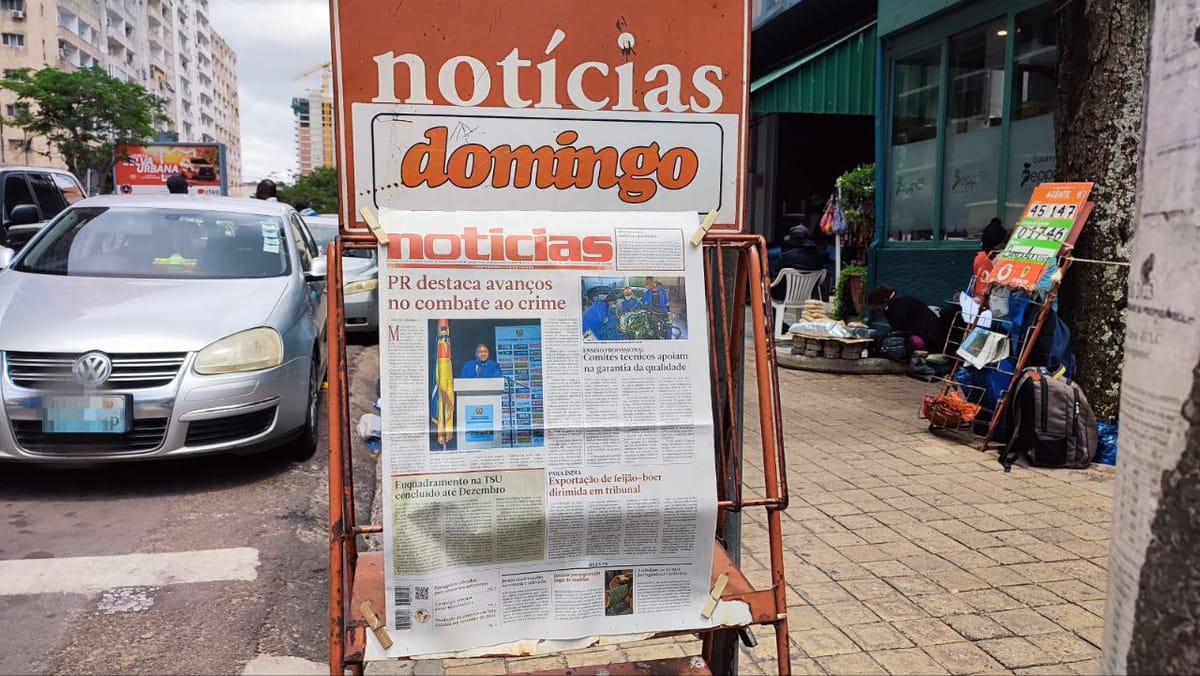
Pigeon peas will be exported through the Mozambique Commodities Exchange (Bolsa de Mercadorias de Moçambique) from the first quarter of next year, industry minister Silvino Moreno has announced. Speaking in parliament yesterday, Moreno admitted that exports of pigeon peas were currently interrupted, saying that this was due to a lawsuit filed by one of the companies exporting pigeon peas to India, which was defending the use of quotas against the Indian government’s policy of unlimited imports. Moreno said that the government of Mozambique also supported unlimited exports, but could not move forward until the dispute was resolved in court.
Moreno’s excuse is rather weak. As we have previously noted, the fact that the administrative court in Maputo is entertaining such an unreasonable complaint — which purports to argue that pigeon pea exports to India should be restricted, even though there is no good reason for doing so — points to political pressure from ruling party Frelimo on the judges. It is after all a corrupt alliance of Frelimo and its elites who are involved in the export trade who are trying to monopolise pigeon pea exports for their and the party’s benefit. As we reported on Thursday, however, the legal situation could be changing
Friday

Mozambique's largest opposition party Renamo yesterday filed a criminal complaint against the president of the National Elections Commission (CNE), Bishop Carlos Matsinhe, and 16 senior members, accusing them of having issued results in October’s local elections based on false data. The party is demanding that all those prosecuted be held accountable and hopes that the Constitutional Council’s ruling will be annulled. This week Renamo also filed criminal charges against the CC, the police and state-owned television station TVM.
It is notable that Renamo’s complaint also targets Fernando Mazanga, one of the CNE’s vice-presidents, even though he is a Renamo appointee. When in late October the CNE voted to approve the election results that gave victory to Frelimo in 64 out of 65 municipalities, in spite of evidence of fraud, Mazanga abstained from the vote, supposedly due to illness, the same justification another Renamo appointee, Anastácia Xavier, gave for being absent. Venâncio Mondlane, Renamo mayoral candidate for Maputo, has promised a criminal complaint against the seven judges of the Constitutional Council after they validated the results of elections in several municipalities where parallel counts gave the victory to Renamo, including the cities of Maputo and Matola.









